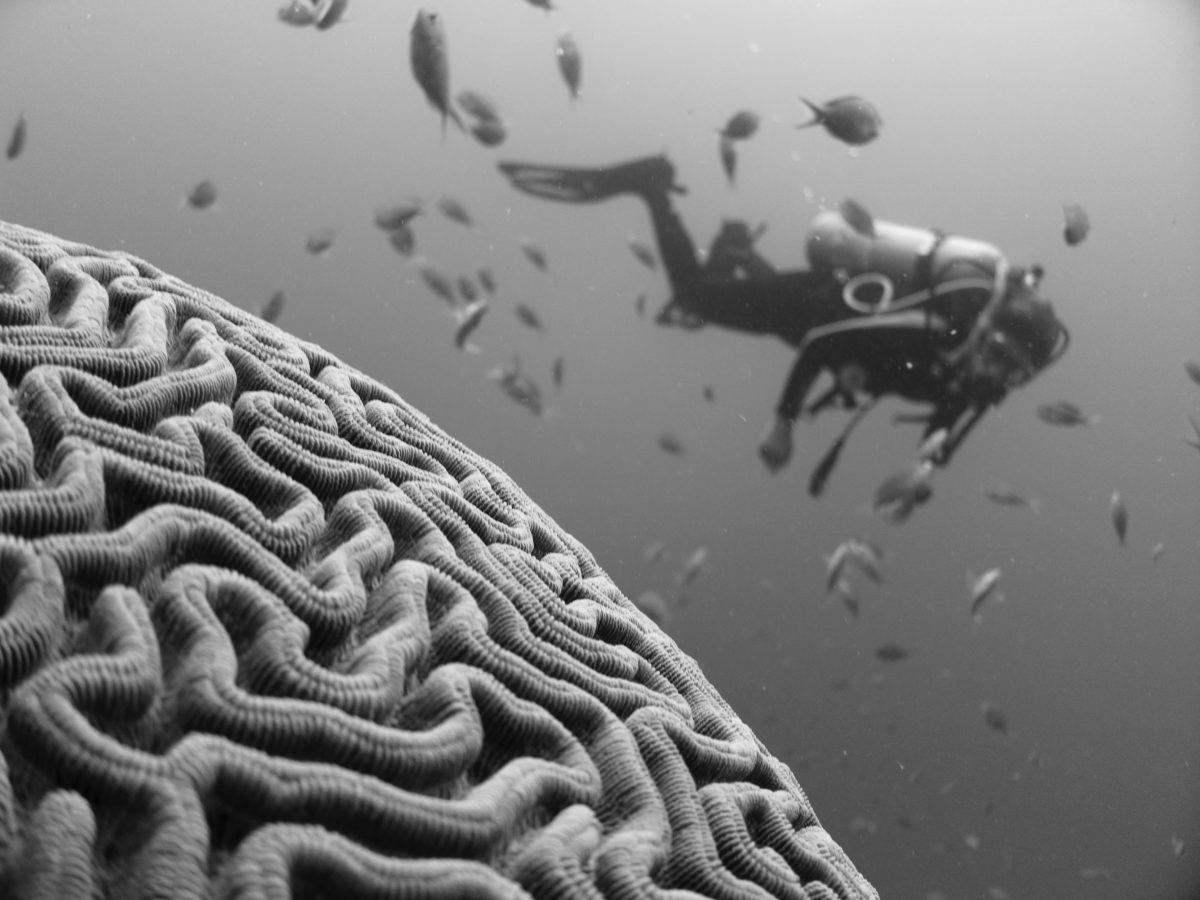I had been hearing of Brainspotting technique from some colleagues who feel it is very effective for their clients, even though it is a relatively new technique. One said “it’s kind of mystical” and there is not a lot of research yet. In 2003, David Grand Ph.D. developed a synthesis of Somatic Sensing and EMDR (Eye Movement Desensitization Reprocessing) which eventually became known as Brainspotting. When I attended Susan Dennison’s talk on this technique some months ago, I was struck by how she engaged the body and its resources in this modality; it seemed that this was the next modality for me to learn.
Since Brainspotting is used for processing traumatic or stressful experiences it might be helpful to have some definitions. Trauma is the ultimate terrifying experience of the human, where our animal brain is convinced that it is not going to survive and our ability to process the event is interrupted. So this reaction is about what has happened; it also can be a memory that has been inherited generationally (say, having family members who experienced the Holocaust). Anxiety is mostly about the fear of what MIGHT happen, or regretting and replaying the past (a way for the nervous system to plan ahead for negative scenarios). A lot of time and energy is spent by the brain ruminating on these events.
Like EMDR, Somatic Sensing or Sensorimotor Psychotherapy, Brainspotting is engaged in reconnecting the information highway between the Right and Left Hemisphere of the brain so that finally there can be a filing and labeling of the traumatic experience. This lessens the experience of the event being so chaotic and senseless.
In humans, there is the need to make meaning of all experiences, and since the brain’s mechanism for doing this goes offline in traumatic experiences, a traumatized individual experiences symptoms like flashbacks, nightmares, painful bodily experiences, dissociation and intense fear around related situations, that become intrusive to daily life. It is hard for a deeply traumatized person to actually enjoy the Present Moment. Often one’s concentration and memory are negatively affected. It is harder to regulate emotions too and there can be sudden out of control anger or sadness. Self-medicating to avoid emotional pain with alcohol or drugs is also common.
Since I work with folks who are anxious, depressed and/or traumatized, I can help you decide how you want to get relief and what modality might be the best for you. Brainspotting can be a great way to lessen the fear and suffering, help you understand yourself, stay more present, and enjoy this life NOW.






Leave A Comment